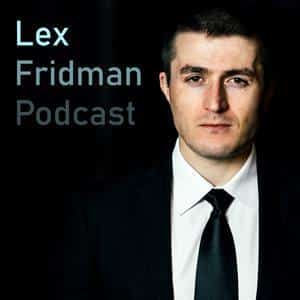
In this episode of the Hidden Brain podcast, titled “What Would Socrates Do?”, the host explores the wisdom of ancient thinkers and how their insights can be applied to modern dilemmas. The episode delves into the teachings of Socrates and Plato, highlighting the importance of self-knowledge and the concept of the divided self. The speaker also discusses the power of habits in shaping our actions and beliefs, drawing from the works of Aristotle. Listeners are encouraged to reflect on their own inner struggles and consider how ancient wisdom can guide them in navigating life’s challenges.
Throughout history, humans have sought answers to life’s most profound questions. The wisdom of the past can offer valuable insights for navigating modern dilemmas. Researchers have found a gap between intentions and actions, and psychologists provide explanations and solutions for bridging this gap.
Socrates, an ancient Greek thinker, emphasized the significance of knowing oneself. He engaged in thought-provoking conversations and challenged fundamental beliefs in the public square. Despite claiming to know nothing, the Oracle at Delphi declared Socrates the wisest of all men. Socrates’ acknowledgment of his lack of knowledge highlights the importance of understanding the limits of human understanding and the complexity of human motivations.
Engaging in Socratic dialogue involves reflecting on one’s thoughts and actions. Philosopher Tamar Gendler emphasizes the existence of multiple selves within us. The internal battle within oneself is a common experience, evident in scenarios like exercising at the gym and managing time constraints. Ancient philosophy, particularly Plato’s dialogues, explores the concept of the divided self, delving into questions about justice, truth, society, and individual behavior.
Habits play a significant role in shaping our actions and beliefs. They are powerful because they operate unconsciously, with the brain following the easiest pathways. Aristotle believed that virtue is acquired through habit, and one becomes what they practice. Building positive habits can lead to a more intentional and mindful life, while negative habits can have detrimental effects on our daily actions.
Exploring ancient wisdom and philosophical insights can provide guidance for navigating life’s challenges. By reflecting on unfairness, illness, tragedy, and even changing luck, individuals can find solace and practical advice in the teachings of ancient thinkers. Subscribers to Hidden Brain Plus have access to exclusive episodes that delve deeper into these topics. Supporting Hidden Brain through subscription helps in creating more insightful episodes, and listeners can share their thoughts and questions with the podcast team.
By drawing from the wisdom of ancient philosophers like Socrates, Plato, and Aristotle, individuals can gain valuable insights into understanding themselves and navigating the complexities of modern life. The importance of self-knowledge, the concept of the divided self, and the power of habits are all key takeaways from this thought-provoking episode. By applying these teachings, individuals can strive for a more intentional and harmonious existence.